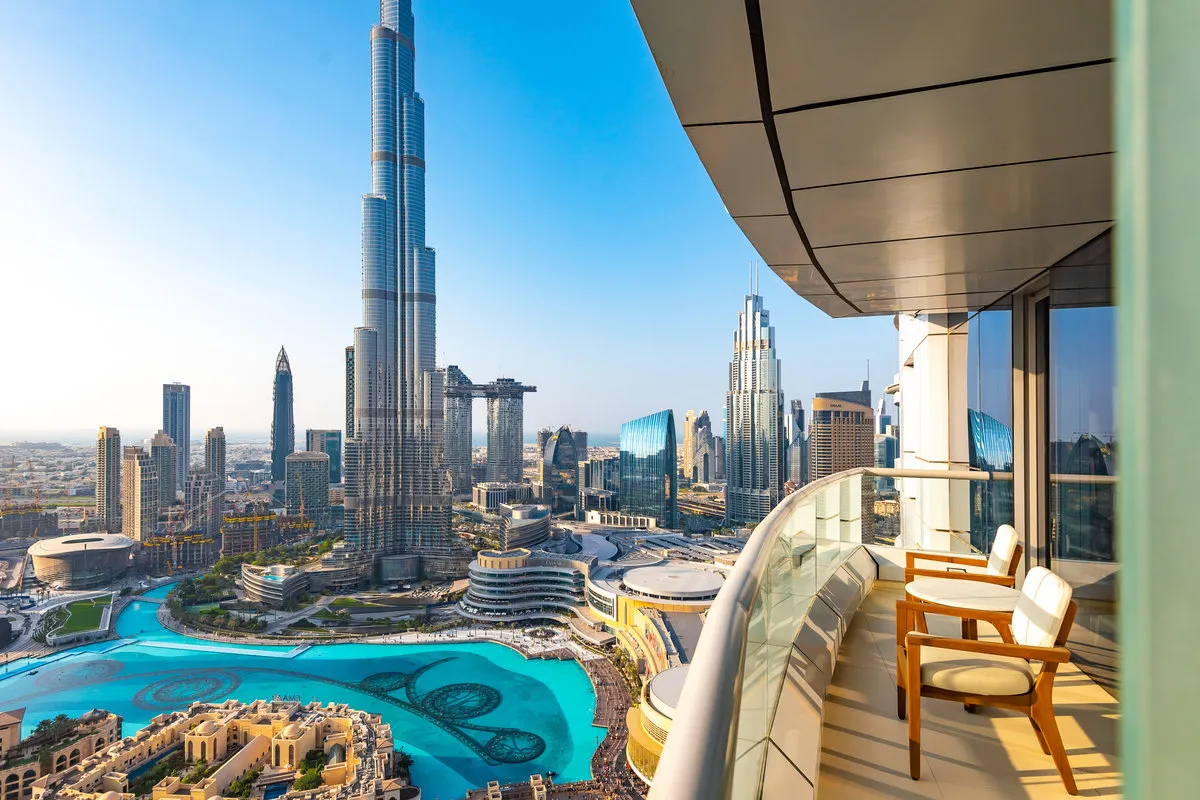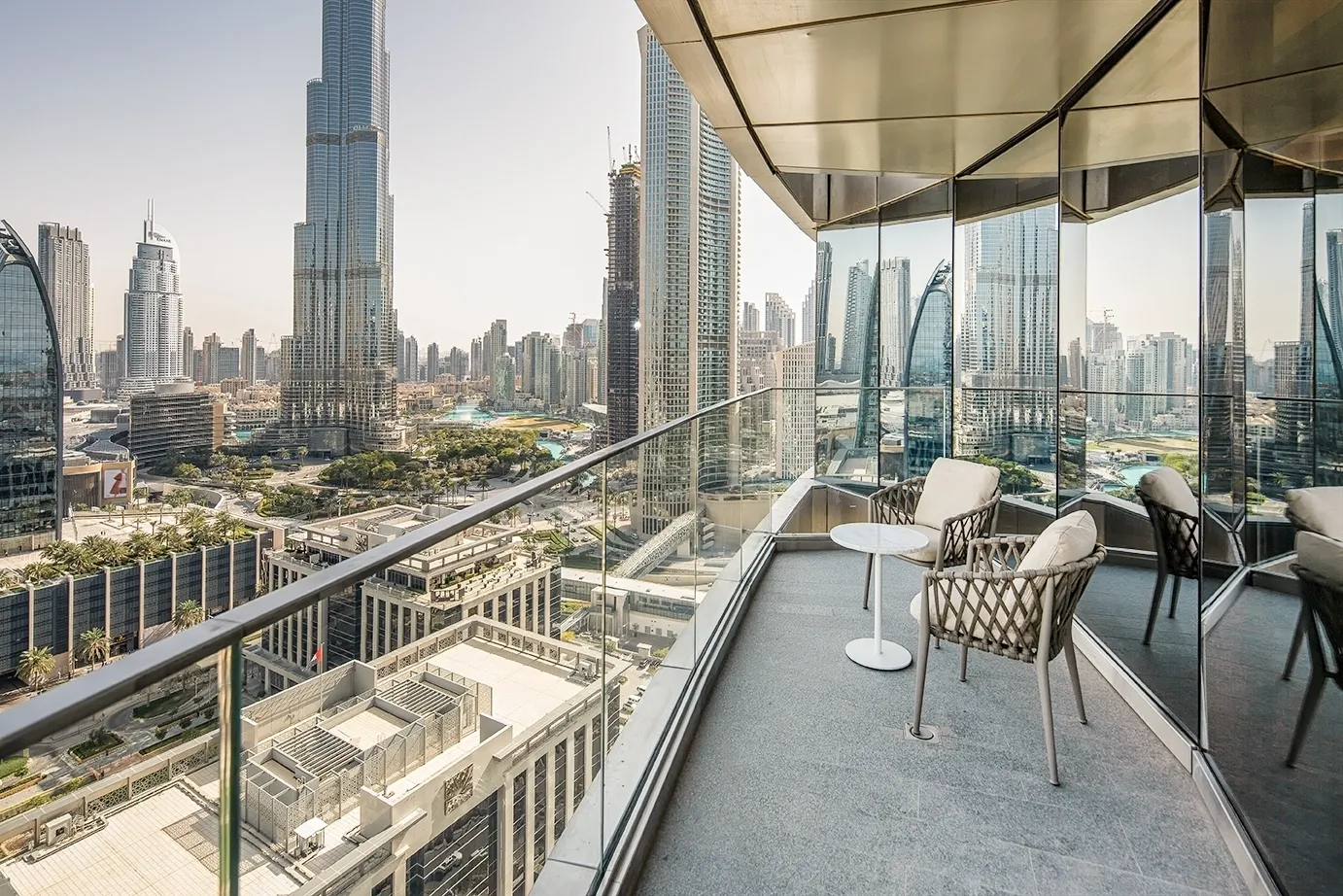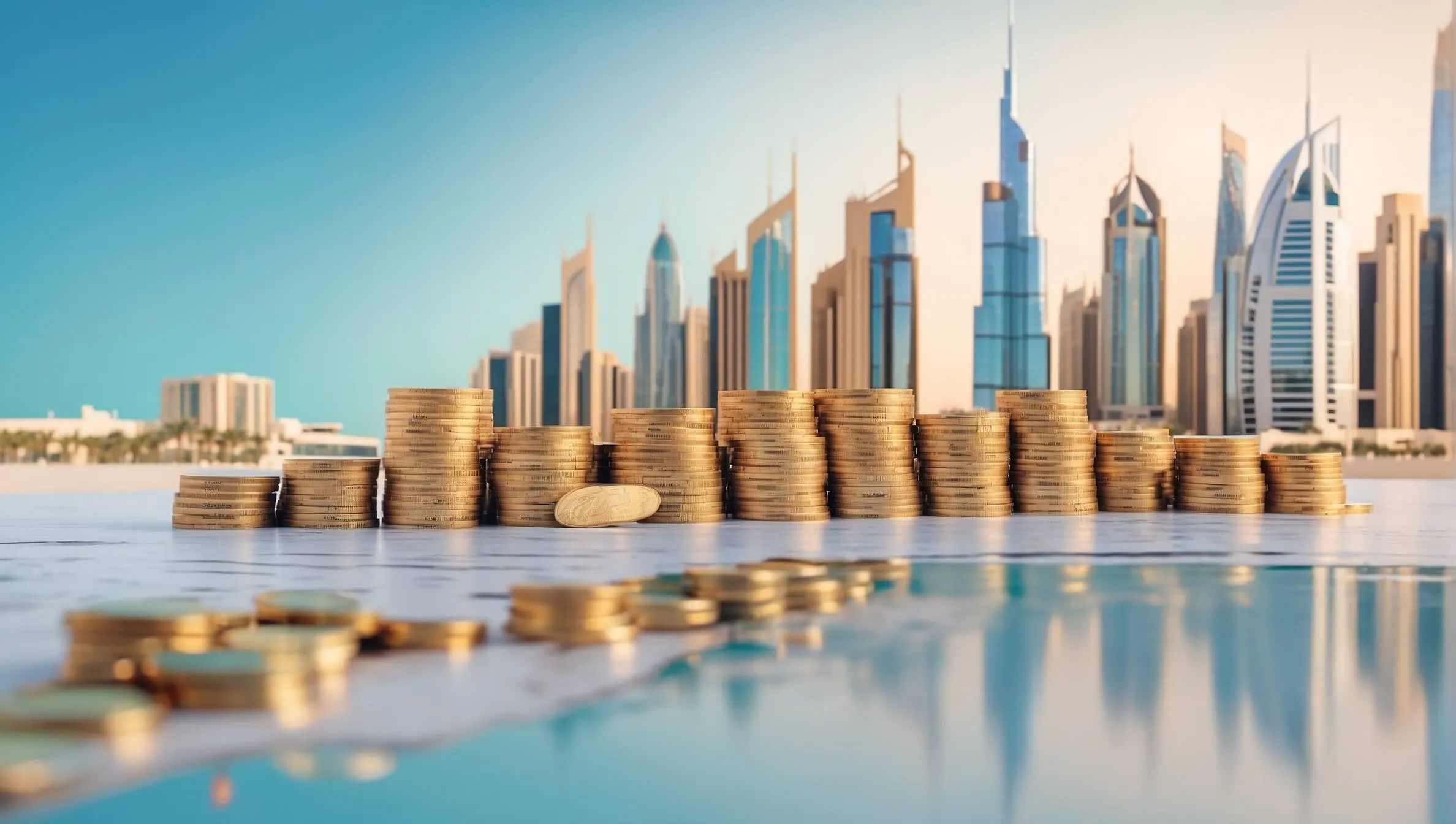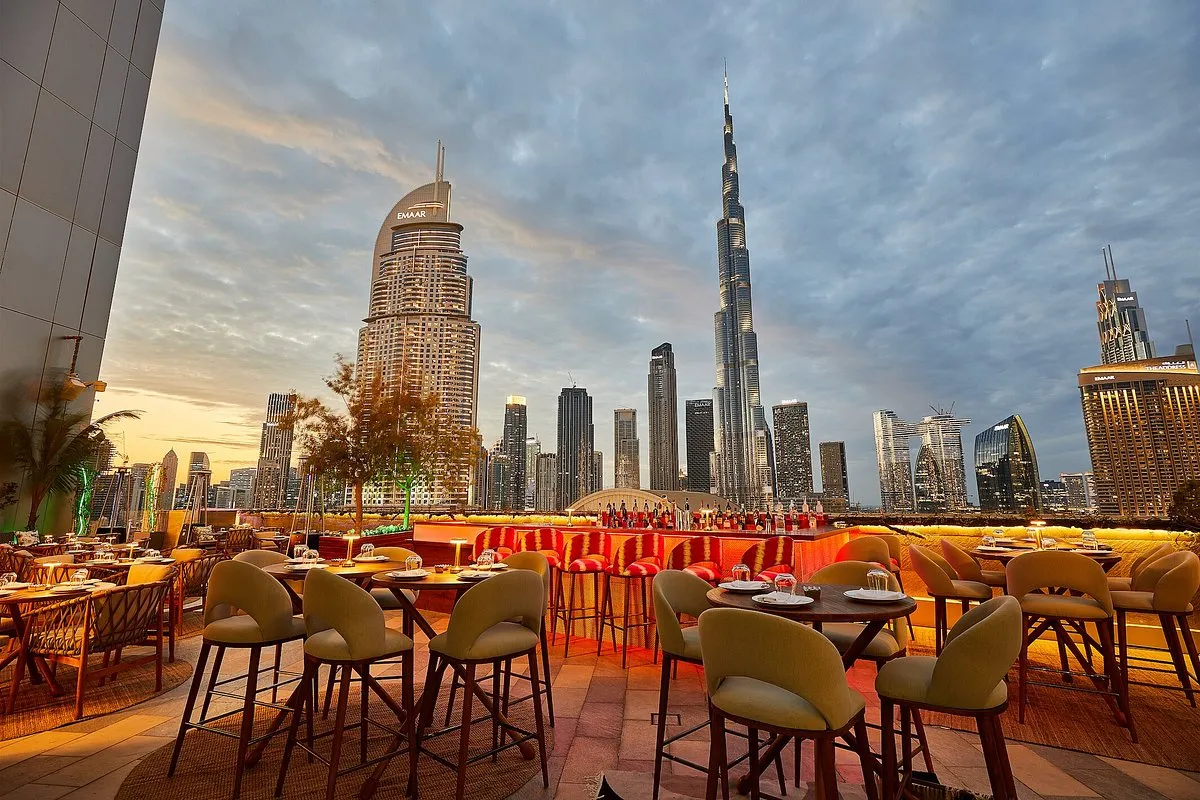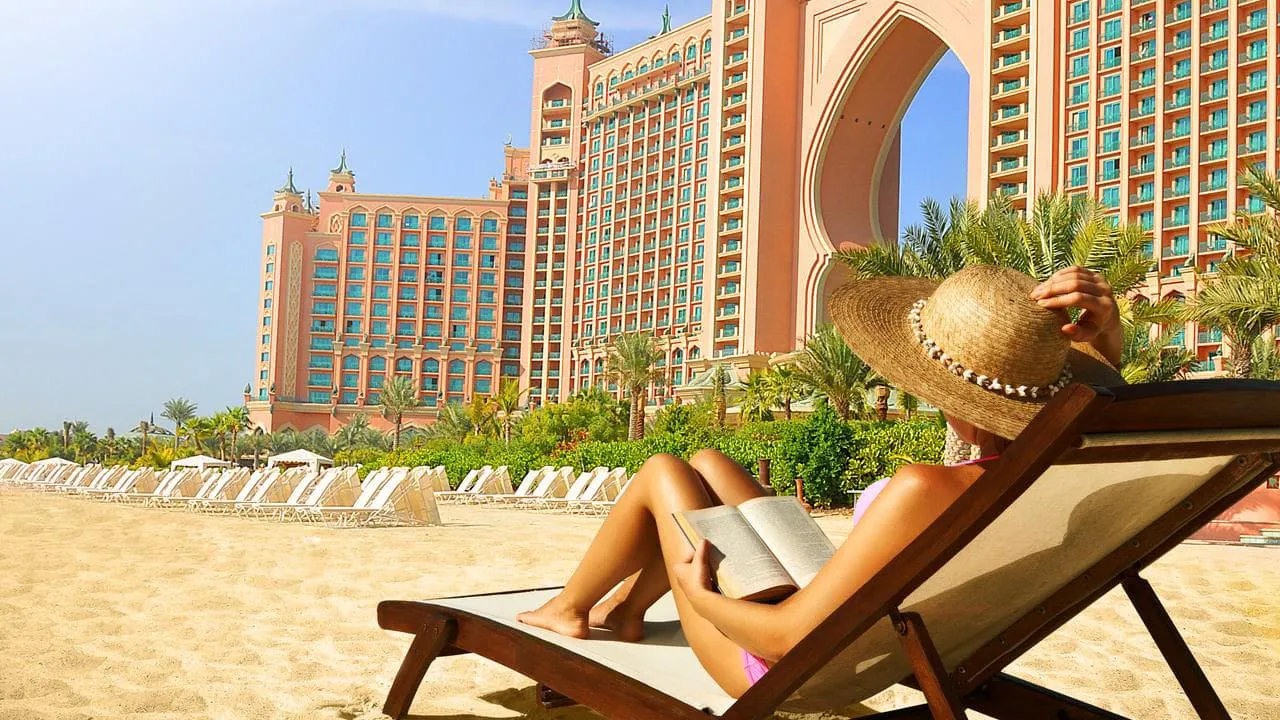Prestigious, expensive, luxurious, and profitable – these are the first impressions most people have when they hear the phrase “property in the UAE.” Interest in buying apartments, villas, or land here has been steadily growing among foreigners. This trend has been spurred on by government policies over the past decade. These policies address everything from legislation that accommodates cultural diversity to a stable economy with a currency that has maintained its value for over 20 years.
With this background, many are drawn to the potential profitability and availability of various properties, including some lower-priced options in the UAE. However, rushing in, assuming a quick profit, can lead to disappointment. There are some hidden pitfalls to buying property in Dubai or other emirates. So, it’s important to familiarize yourself with the market: explore price ranges, understand why some properties are cheaper, and be aware of the associated costs for potential property owners.
Property price range in Dubai and the UAE
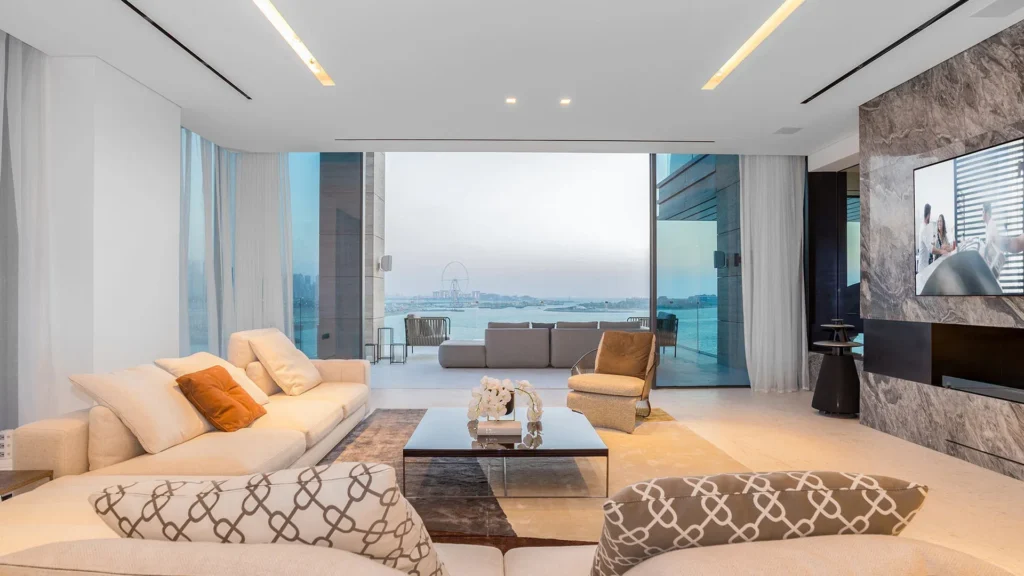
The UAE real estate market is quite dynamic. Compared to European markets, some properties may actually be more affordable. However, due to increasing demand, apartment prices in the UAE rose by 35% in 2023 alone. The average cost per square meter is now around $3,200. Typical apartment prices are about $450,000 and villas around $600,000. Affordable apartments are considered those under $130,000, while villas under $400,000 are relatively inexpensive. The cheapest properties in Dubai can be found around the $100,000 mark.
The highest prices are in the upscale Downtown Dubai area, at $6,900 per square meter. This extensive complex, covering 2 square kilometers, is home to major city attractions like the Dubai Mall and the Dubai Fountain. The location’s prestige has a direct impact on its pricing. Apartment prices here can be 2–3 times higher than in other areas. However, if you’re planning on reselling or engaging in the tourism business, the investment can pay off.
Other prestigious areas include:
- Dubai Marina, built around an artificial bay;
- Dubai Jumeirah, a scenic resort area;т;
- Dubai Creek Harbour , a nearly kilometer-high tower still under construction, which is expected to become a gem of the emirate.
If a property is offered below the average market price in the UAE, it’s worth seeking expert advice to understand any potential risks associated with purchasing it. Low-priced properties in Dubai may carry hidden risks that need to be carefully assessed.
Why property in the UAE can be cheap
The UAE real estate market is generally divided into primary and secondary sectors. In the primary market, properties are sold directly by developers, while in the secondary market, they’re sold by property owners.
When developers offer discounted housing, there may be some pitfalls to buying apartments in Dubai, such as:
- the property may be social housing, making it harder to sell or rent out.
- the apartments may be small with inconvenient layouts.
- the area may have been planned as prestigious but has since lost its popularity, reducing tourist interest.
Such options may be suitable for expatriates who need a place to stay but can’t afford to buy in a high-end area. However, these properties are generally not suitable for business purposes, as they can take years to sell, and rental income may not cover expenses for a decade or more.
If a private owner is selling an apartment or villa at a low price, possible reasons might include:
- the property is older, built 15 or more years ago;
- the property was initially marketed as luxury but has since become less popular;
- it falls into the “lipstick on a pig” category – problematic housing with cosmetic fixes only;
- it’s an unusual property with a design that might not appeal to everyone.
In both cases, the property might still be practical and well-maintained. However, low demand may require the investor to put in significant effort to resell it. Older properties are often in outdated neighborhoods that don’t appeal to tourists. This also can pose a challenge for related businesses. Renting out apartments or offices may also be difficult, with lower rental rates. So, if you find a property at a low price in Dubai, it’s essential to consider why it’s cheaper.
The “Lipstick on a Pig” category refers to properties with hidden issues. This expression indicates a cosmetic fix for a serious problem. Only experts may identify it. It’s not necessarily that the property is uninhabitable. Developers in the UAE have strict responsibilities, and projects will be completed no matter what. However, compromises might have been made: lower-quality materials might have been used, or the layout might differ from the original design. These issues may only surface over time and could hinder return on investment. Such a property could possibly require costly renovations or reconfigurations.
Another potential issue could be an overly unique property with an experimental design. Upon completion, such properties may lack the convenience of simpler, modern interiors. This leads to low demand or requires significant investment in creative advertising to boost interest. If the developer, who understands the local market, couldn’t sell it at a standard price, it’s reasonable to question whether you, as a foreigner, would be able to succeed in a market that differs from your own culture.
Types of property ownership
Another factor explains why property can be affordable in the UAE. The thing is that there are a variety of ownership types in this country, which can vary depending on the buyer’s nationality and the location of the property.
| Type of ownership | Description |
|---|---|
| Freehold (full ownership) | The owner holds 100% rights to the property and the land. Foreigners are permitted to buy in designated freehold zones, with full rights to sell, lease, and bequeath the property. |
| Leasehold (long-term lease) | Leasing property for a period of 10 to 99 years. When the lease expires, the property rights revert to the landowner. This option is suitable for commercial properties outside freehold zones. |
| Usufruct (lifetime lease) | Right to use the property for 10 to 100 years without the right to modify or resell it. Often used in resort areas. |
| Commonhold (shared ownership) | Full ownership of an apartment or part of a building, with the obligation to contribute to the upkeep of common areas like elevators and staircases. |
| Musataha (lease with building rights) | Land lease for up to 99 years, renewable for 50 years, with the right to build on the land. Once the lease ends, any buildings revert to the landowner. |
Given these options, don’t rush to buy property in the UAE without confirming that the type of ownership aligns with your needs. Leased properties may indeed be cheaper. Leasing could serve you well for a lifetime. However, if you want to secure the property for future generations, this may not be the best choice. Additionally, it’s essential to clarify the ownership conditions, as they may impose restrictions on resale or subletting.
What to consider when buying property
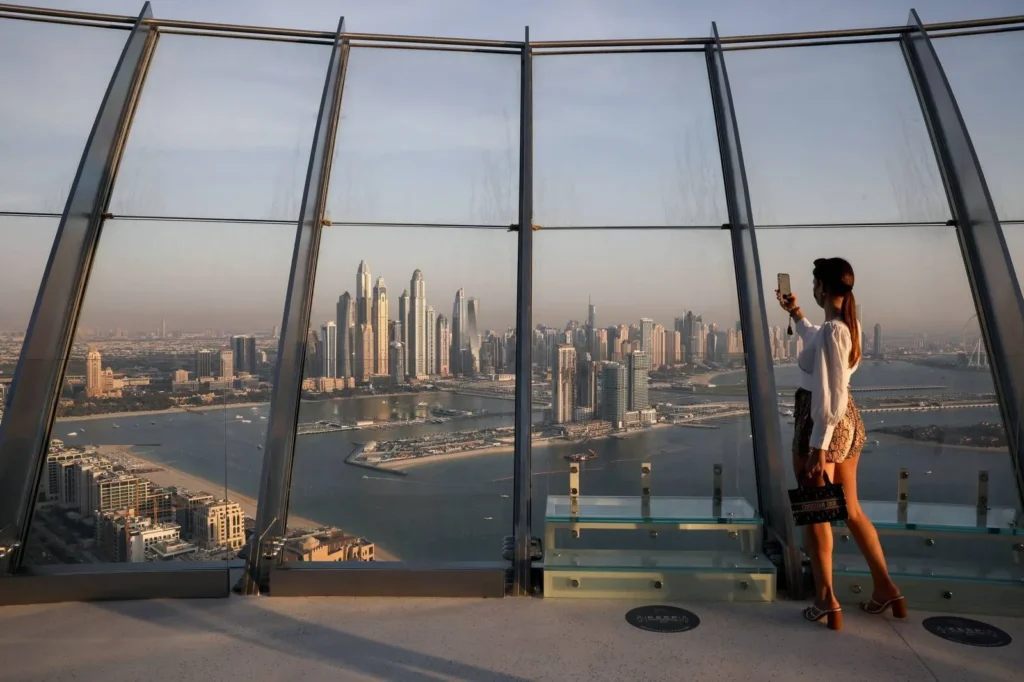
This section highlights the key factors to consider when purchasing property in the UAE to avoid potential pitfalls and unpleasant surprises.
Additional costs
Aside from the primary cost of the property, there are additional expenses that can significantly increase the total budget. Buyers often overlook these, which can lead to a shortfall of funds at the closing stage. For example, real estate transactions must involve a licensed agency in the UAE. It’s a profitable industry in the Emirate, by the way. You will need to budget approximately 2% for real estate agent fees.
Also, plan for:
- Property transfer tax — 4% of the property’s value.
- Registration and notary fees – these include notary services, government fees, and other related costs. They typically range from $150 to $1,000, depending on the property type.
- Property insurance – required by many banks when taking out a mortgage; this can cost between 0.25% and 1%, and may include life insurance for the borrower.
- Mortgage interest rate, if you opt for financing, interest rates start around 2.5%.
- Bank transfer fees approximately 1.5-2% for handling and transferring funds.
Overall, expect to add 4-8% to the property’s price to cover all associated expenses. To save on bank transfer and currency conversion fees, you could consider using cryptocurrency for the transaction. Many well-known developers in the UAE accept it, and transactions in cryptocurrency can reduce commission fees substantially.
Choosing a developer
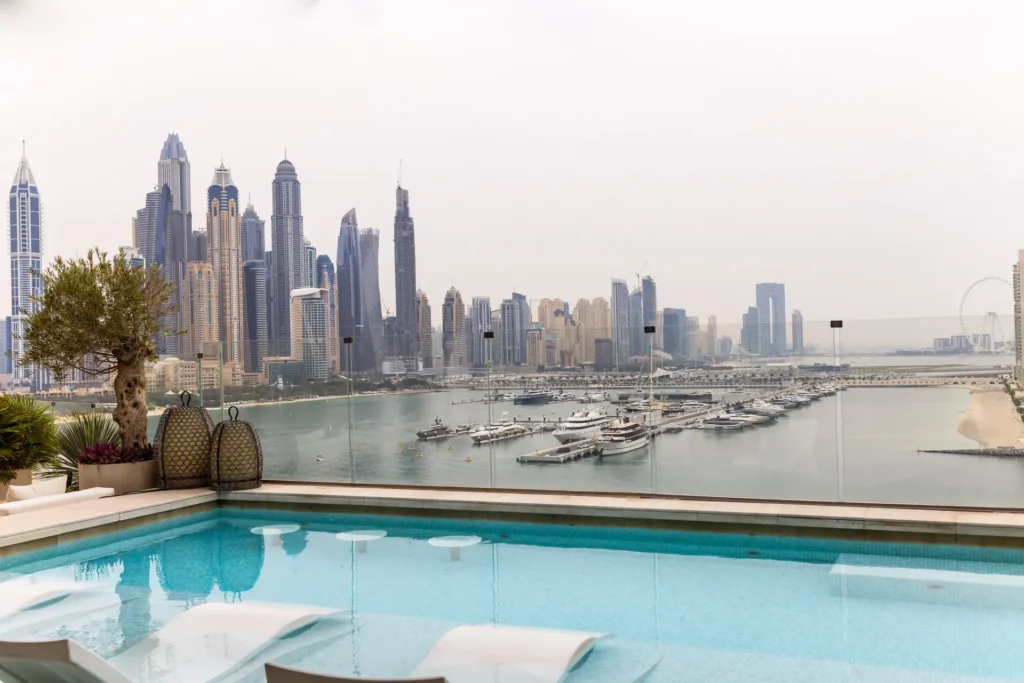
When choosing a property under construction, it’s crucial to consider risks like delays in project completion, use of low-quality materials, or even the possibility of the developer going bankrupt. UAE law allows up to a 12-month delay in project handover. In other cases, you may need to consider the option of seeking compensation through the courts.
Here’s what you should check:
- Developer’s presence in the market: Verify that the company is listed on Dubai’s Real Estate Regulatory Agency (RERA) site at www.dubailand.gov.ae;
- Company reputation: Look up customer reviews and research the developer’s history, especially whether previous projects were delivered on time;
- Legal standing: Ensure that the construction permits and property ownership are registered with the Dubai Land Department (DLD).
Reviewing the contract
This is one of the most important steps. When reviewing the contract, you should understand:
- Your rights to the property. For instance, if it involves shared ownership, clarify your responsibilities and any penalties for non-compliance.
- Ownership transfer conditions. Check the final completion date, installment payment schedule, and other details.
- Your rights if the developer fails to fulfill obligations. Determine how compensation will be provided, what penalties will apply, and whether you can withdraw from the contract if necessary.
- Materials used in construction and finishing. This affects whether you’ll need to budget for repairs down the line.
Property inspection upon handover
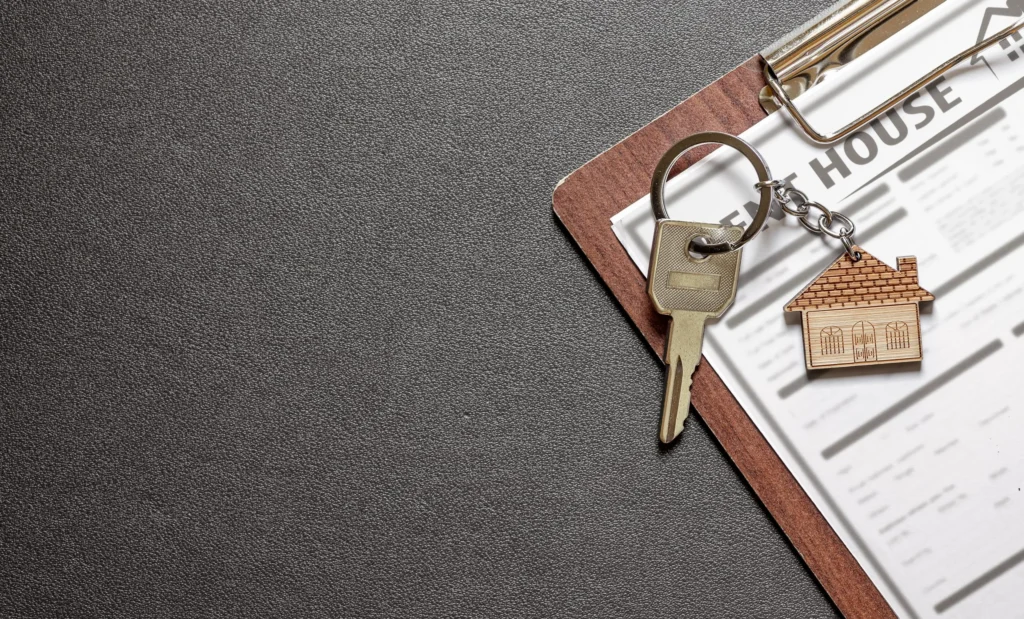
During handover, carefully inspect the property to ensure it aligns with the plans and that the quality of construction and finishing meets standards. Pay attention to windows, doors, walls, floors, plumbing, and electrical systems. If you spot issues like scratches, cracks, or poor sealing, document them in an inspection report and request corrections.
Defects may include structural flaws, issues with utilities (water, electricity), or finishing imperfections that aren’t immediately visible. Don’t rush the inspection – take your time to examine everything in detail. Dubai allows for property purchases online, you can also request a virtual tour where a realtor walks you through the apartment via video.
Mortgage or loan considerations
If you’re buying with financing, keep in mind:
- Repayment terms: choose a loan with an optimal interest rate and, if possible, a no-penalty early repayment option.
- Insurance: banks typically require insurance not only on the property but also on the borrower’s life, adding to monthly expenses.
- Interest rate: some loans have variable rates that may increase over time.
Borrowers should also be aware that repayments may rise, for instance, in cases of inflation. Confirm if early repayment is allowed in such situations without substantial penalties.
How to avoid losses when buying property?
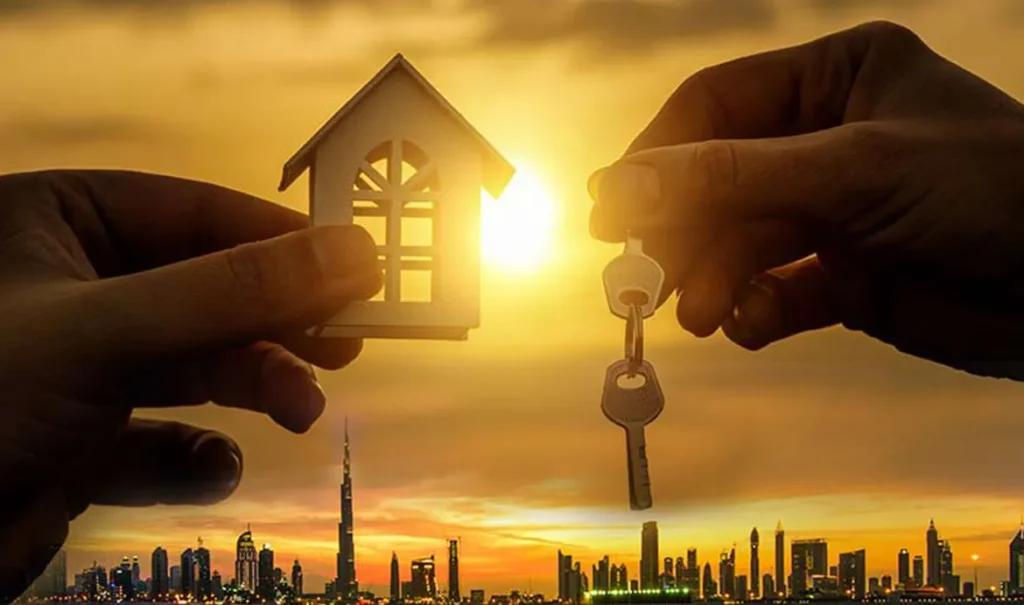
Real estate transactions in Dubai are generally secure. However, reducing risks is always wise. Consulting financial and legal experts can help, because there are always individuals looking to exploit those unfamiliar with the local laws and language. Some sellers might simply be seeking to recover losses from unsuccessful projects, but their issues shouldn’t become yours, right?
To minimize potential risks and avoid questions like “Why is property in the UAE so cheap?” consider these recommendations:
- Research the local market: learn which areas are more prestigious, how property prices vary by region, and any other local pricing trends.
- Carefully check all documents: this includes construction permits, the developer’s license, property details, the sales contract, and the property ownership certificate.
- Confirm the type of ownership: determine whether the property is for lease, shared ownership, or full ownership.
- Request a virtual tour: to save time, you can request a virtual tour of the property instead of traveling to the Emirates.
- Seek a financial assessment: if there’s even a hint of hidden defects, have experts conduct a financial evaluation of the property. This will help you make an informed decision about purchasing real estate in the UAE.
- Budget for additional costs: be prepared to cover not just the property price but also ongoing costs, which can add up to 8%.
- Familiarize yourself with local laws or seek legal advice: for example, understand what you can legally do with the property. If you’re looking to rent out commercial real estate, the tenant must have a license. In the UAE, leasing office spaces to just anyone is not permitted.
A thorough analysis and review of properties takes time. If you want to avoid the pitfalls of buying property in Dubai, you’ll need either to research independently or work with experienced professionals familiar with the Arabic language, local laws, and customs. As a licensed agency with an impeccable reputation, Dynasty Business Adviser is ready to provide you with both financial and legal services.
Expert assistance
Our financial and international law specialists can assist you with individual tasks or provide comprehensive “turnkey” services, including:
- selecting a property that meets your investment goals;
- quality assessment to identify any potential defects or issues;
- thoroughly reviewing developer or owner documentation;
- preparing contracts and required documents in both English and Arabic;
- facilitating the property purchase online, after which you may qualify for a residency visa and the ability to conduct business;
- assisting with the application for a Golden Visa;
- evaluating and registering your business in the UAE..
With years of experience addressing a wide range of needs for international businesses, we can provide full financial and legal support for your company. Leave the routine details to professionals, allowing you to focus on essential business objectives.


